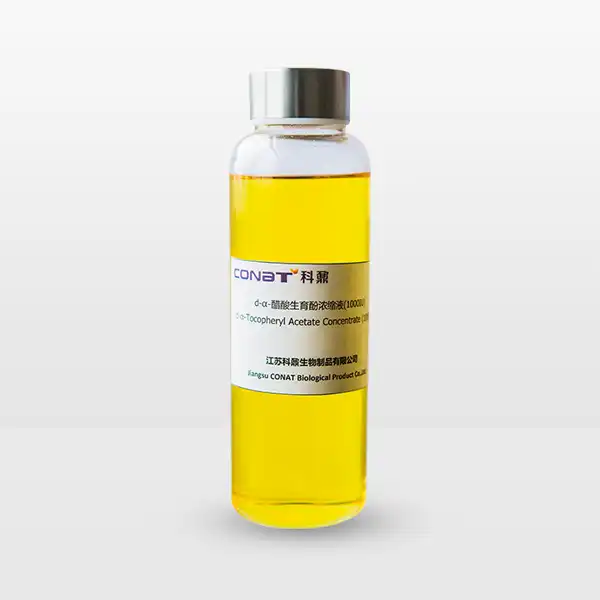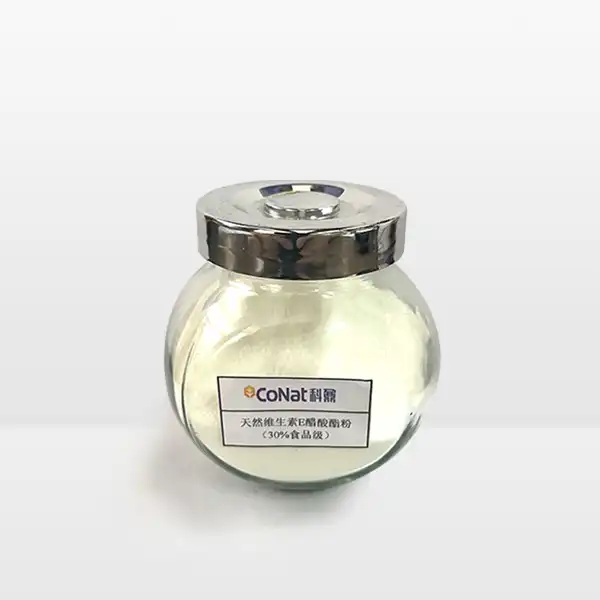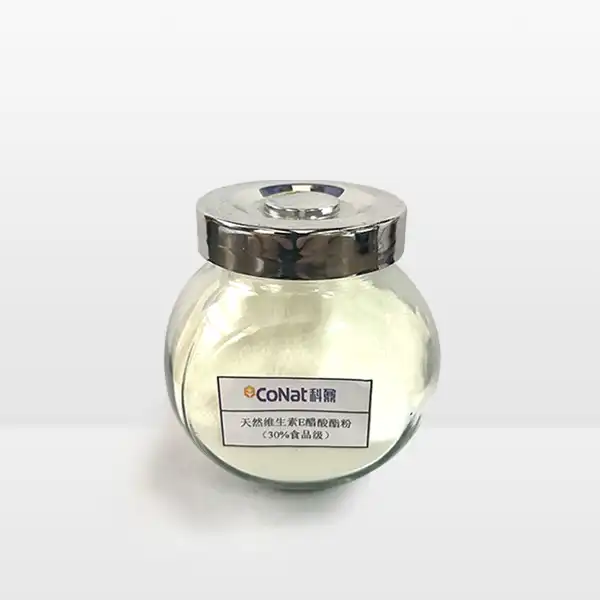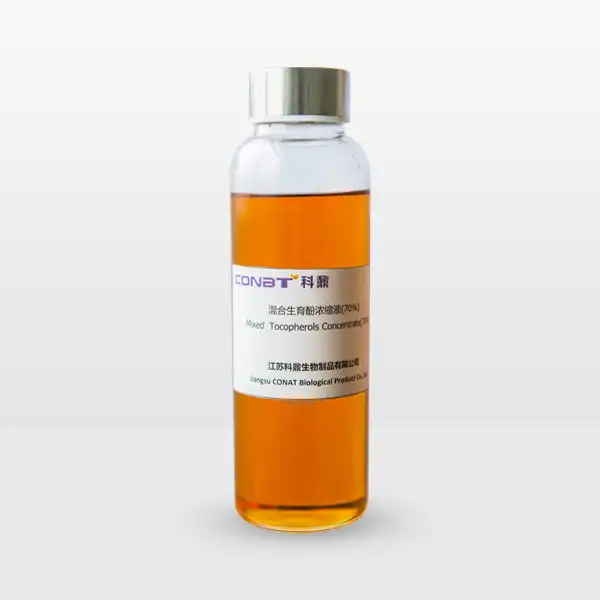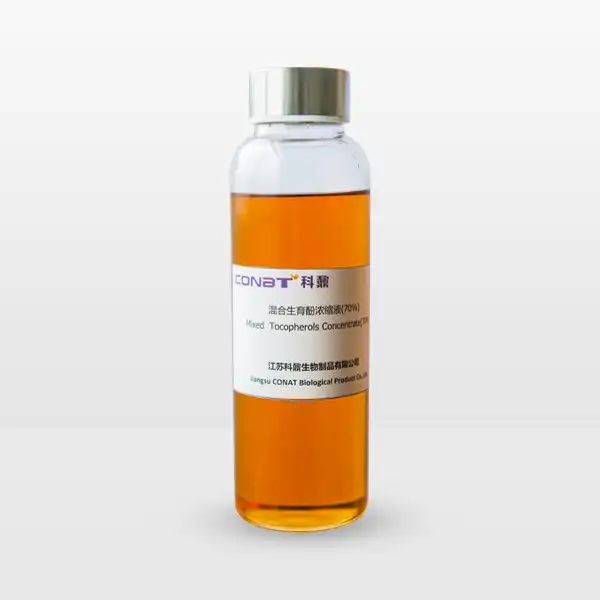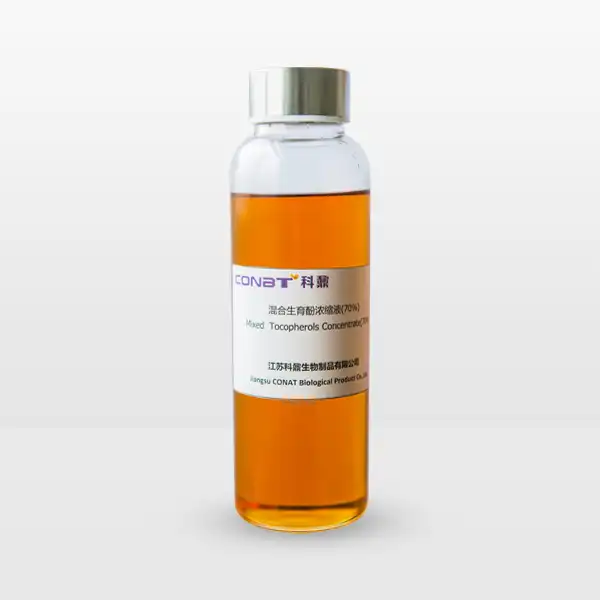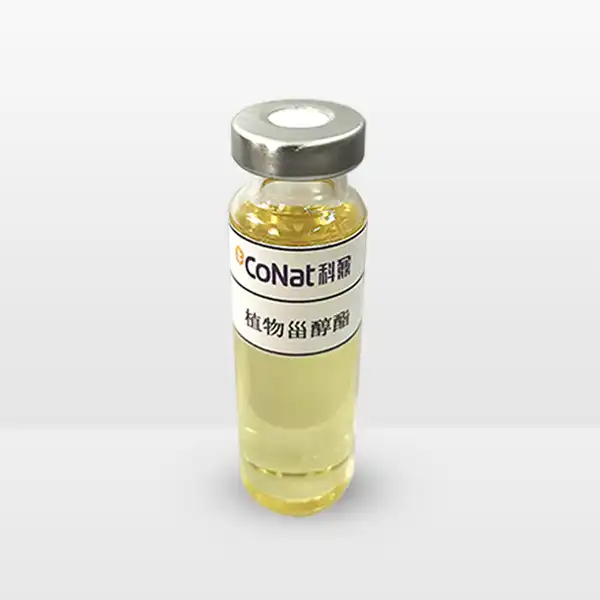- English
- French
- German
- Portuguese
- Spanish
- Russian
- Japanese
- Korean
- Arabic
- Greek
- German
- Turkish
- Italian
- Danish
- Romanian
- Indonesian
- Czech
- Afrikaans
- Swedish
- Polish
- Basque
- Catalan
- Esperanto
- Hindi
- Lao
- Albanian
- Amharic
- Armenian
- Azerbaijani
- Belarusian
- Bengali
- Bosnian
- Bulgarian
- Cebuano
- Chichewa
- Corsican
- Croatian
- Dutch
- Estonian
- Filipino
- Finnish
- Frisian
- Galician
- Georgian
- Gujarati
- Haitian
- Hausa
- Hawaiian
- Hebrew
- Hmong
- Hungarian
- Icelandic
- Igbo
- Javanese
- Kannada
- Kazakh
- Khmer
- Kurdish
- Kyrgyz
- Latin
- Latvian
- Lithuanian
- Luxembou..
- Macedonian
- Malagasy
- Malay
- Malayalam
- Maltese
- Maori
- Marathi
- Mongolian
- Burmese
- Nepali
- Norwegian
- Pashto
- Persian
- Punjabi
- Serbian
- Sesotho
- Sinhala
- Slovak
- Slovenian
- Somali
- Samoan
- Scots Gaelic
- Shona
- Sindhi
- Sundanese
- Swahili
- Tajik
- Tamil
- Telugu
- Thai
- Ukrainian
- Urdu
- Uzbek
- Vietnamese
- Welsh
- Xhosa
- Yiddish
- Yoruba
- Zulu
What are the Benefits of Natural Tocopherols for Health?
Natural tocopherols, commonly known as Vitamin E compounds, are powerful antioxidants essential for maintaining optimal health and well-being. These fat-soluble nutrients occur naturally in various food sources and play crucial roles in protecting cells from oxidative stress, supporting immune function, and promoting overall health. As interest in natural health solutions continues to grow, understanding the comprehensive benefits of tocopherols becomes increasingly important for those seeking to enhance their health through dietary choices and supplementation. Found abundantly in nuts, seeds, vegetable oils, and green leafy vegetables, these compounds exist in several forms, with alpha-tocopherol being the most biologically active and widely studied form in human health.
How do natural tocopherols protect against oxidative stress and aging?
Oxidative stress represents a significant challenge to cellular health, and natural tocopherols serve as one of the body's primary defense mechanisms against this destructive process. These powerful antioxidants work tirelessly at the cellular level, neutralizing harmful free radicals that can damage cell membranes, proteins, and DNA. The mechanism of action is particularly fascinating, as tocopherols integrate themselves into cell membranes, creating a protective barrier that prevents the propagation of free radical damage.
Research has demonstrated that natural tocopherols exhibit superior bioavailability compared to their synthetic counterparts, making them more effective at combating oxidative stress. They work synergistically with other antioxidants, particularly vitamin C and selenium, to create a comprehensive network of cellular protection. This antioxidant activity is particularly beneficial for aging-related concerns, as oxidative stress is a primary contributor to the aging process.
The impact of tocopherols on aging extends beyond their basic antioxidant functions. Studies have shown that adequate tocopherol levels are associated with better skin health, improved cognitive function in older adults, and enhanced cardiovascular health. These compounds help maintain the integrity of cell membranes, which is crucial for maintaining proper cellular function throughout the aging process. Additionally, tocopherols support telomere maintenance, which are protective caps on DNA strands that naturally shorten with age, potentially helping to slow the biological aging process at a cellular level.
Recent research has also highlighted the role of tocopherols in maintaining brain health during aging. These compounds help protect neuronal cells from oxidative damage and support healthy neurotransmitter function. Studies suggest that maintaining adequate tocopherol levels may help preserve cognitive function and memory as we age, potentially reducing the risk of age-related cognitive decline. Furthermore, tocopherols' ability to cross the blood-brain barrier makes them particularly effective in providing antioxidant protection to neural tissues.
What role do natural tocopherols play in cardiovascular health?
The relationship between natural tocopherols and cardiovascular health is both complex and significant. These compounds contribute to heart health through multiple mechanisms, making them invaluable for maintaining cardiovascular wellness. One of their primary functions is preventing the oxidation of low-density lipoprotein (LDL) cholesterol, which is a crucial step in the development of atherosclerosis. By preventing this oxidation, tocopherols help maintain the health and flexibility of blood vessels.
Beyond their antioxidant properties, natural tocopherols demonstrate anti-inflammatory effects that are particularly beneficial for cardiovascular health. Chronic inflammation is a known risk factor for heart disease, and tocopherols help modulate inflammatory responses throughout the cardiovascular system. They accomplish this by regulating the production of inflammatory mediators and supporting healthy endothelial function, which is essential for proper blood flow and vessel health.
Research has shown that individuals with higher dietary intake of natural tocopherols often have better cardiovascular outcomes. These benefits include improved blood pressure regulation, enhanced blood vessel function, and reduced risk of blood clot formation. The compounds work by promoting healthy blood circulation, supporting proper platelet function, and maintaining the structural integrity of blood vessel walls. Additionally, tocopherols help regulate nitric oxide production, a molecule crucial for blood vessel dilation and healthy blood flow.
Long-term epidemiological studies have indicated that populations with higher dietary intake of natural tocopherols tend to have lower rates of cardiovascular disease. This protective effect appears to be particularly pronounced when tocopherols are consumed through whole food sources rather than supplements alone. The synergistic relationship between tocopherols and other nutrients found in whole foods may contribute to their enhanced cardiovascular benefits.
How do natural tocopherols enhance immune system function?
The immune system's relationship with natural tocopherols is particularly noteworthy, as these compounds play a fundamental role in maintaining and enhancing immune function. Tocopherols support both innate and adaptive immunity, helping the body mount effective responses against various challenges while maintaining immune balance. This dual action makes them particularly valuable for overall immune system health.
Natural tocopherols enhance immune function through several mechanisms. They support the production and function of white blood cells, particularly T cells, which are crucial for fighting infections and maintaining immune surveillance. These compounds also help optimize the function of natural killer cells, which are essential for identifying and eliminating potentially harmful cells. Furthermore, tocopherols enhance the production of antibodies, strengthening the body's ability to recognize and respond to specific threats.
The immune-enhancing properties of tocopherols extend to their ability to modulate inflammatory responses. While inflammation is a necessary part of immune function, excessive inflammation can be detrimental to health. Natural tocopherols help maintain appropriate inflammatory responses by regulating the production of inflammatory mediators and supporting the resolution of inflammation when it's no longer needed. This balanced approach to immune support helps maintain optimal immune function without promoting excessive inflammation.
Emerging research suggests that tocopherols may also play a crucial role in maintaining healthy gut immunity. The gut-associated lymphoid tissue (GALT) represents a significant portion of the body's immune system, and tocopherols help maintain the integrity of the intestinal barrier while supporting the development and function of immune cells in the gut. This gut-immune axis connection highlights another important aspect of tocopherols' contribution to overall immune health.
Recent studies have also explored the relationship between tocopherols and autoimmune conditions. Evidence suggests that adequate tocopherol levels may help regulate immune responses in individuals with autoimmune tendencies, potentially contributing to better management of these conditions. Additionally, tocopherols' anti-inflammatory properties may help reduce the severity of autoimmune flares when they occur.
If you want to get more information about Natural tocopherols, you can contact us at: sales@conat.cn.
References:
1. Meydani, S. N., et al. (2018). "Vitamin E and Immune Function." Molecular Aspects of Medicine, 52, 1-12.
2. Brigelius-Flohé, R. (2019). "Vitamin E: A Comprehensive Review of Its Essential Role in Human Health." Antioxidants & Redox Signaling, 30(7), 851-867.
3. Traber, M. G. (2020). "Mechanisms for the Prevention of Vitamin E Excess." Journal of Lipid Research, 61(7), 974-982.
4. Wong, S. K., et al. (2021). "Tocopherols in Age-Related Diseases: Molecular Mechanisms and Therapeutic Implications." Biomolecules, 11(3), 324.
5. Péter, S., et al. (2019). "The Role of Natural Tocopherols in the Prevention of Cardiovascular Disease." Frontiers in Cardiovascular Medicine, 6, 162.
6. Raederstorff, D., et al. (2017). "Vitamin E Function and Requirements in Relation to PUFA." British Journal of Nutrition, 117(8), 1095-1102.
7. Moya-Camarena, S. Y., & Sánchez-García, A. (2019). "Biological Effects of Natural Tocopherols Beyond Their Antioxidant Properties." Nutrients, 11(9), 2088.
8. Lee, G. Y., & Han, S. N. (2018). "The Role of Vitamin E in Immunity." Nutrients, 10(11), 1614.
9. Mathur, P., et al. (2021). "Tocopherols in Health and Disease: A Comprehensive Review." Journal of Nutritional Science and Vitaminology, 67(5), 276-285.
10. Klein, E. A., et al. (2020). "Natural Tocopherols and Cancer Prevention: Clinical and Molecular Insights." Nutrition and Cancer, 72(5), 767-786.
YOU MAY LIKE
